Comment
Insights and expert analysis on climate issues.
Share

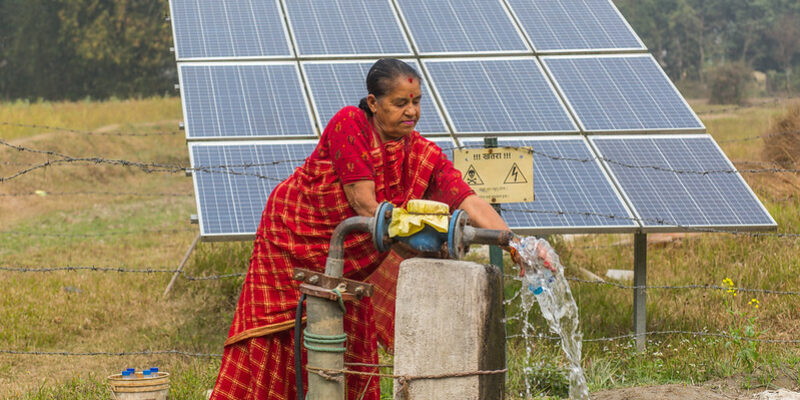
Nepal’s ambitious climate target has socio-economic prosperity at its heart
Manjeet Dhakal, Sneha Pandey
Last year, a number of low-income, climate vulnerable countries stepped up their Paris Agreement commitments, known as Nationally Determined Contributions (NDCs). These nations recognise that leapfrogging to climate-friendly development models would not only help save the planet and reduce risks posed by global warming, but that it also presents unique opportunities for social and economic progress. However, unlocking the full mitigation potential of these ambitious developing countries hinges on wealthy nations delivering on their climate finance promises.
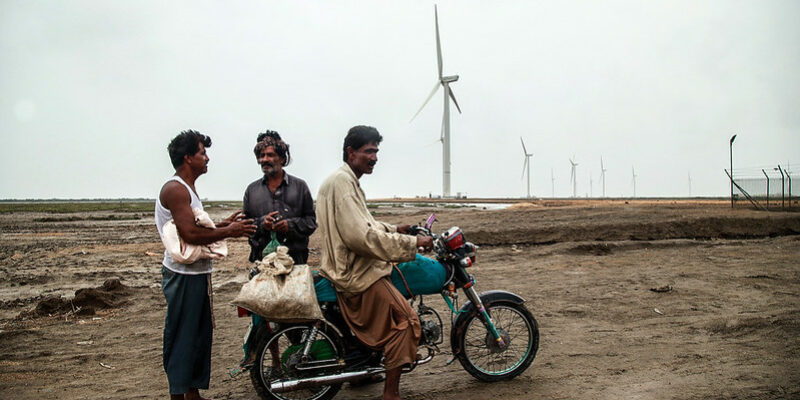
Following the recent net zero announcements from big emitters, and as the newly elected US president Biden sets to work enacting his ambitious national and international climate agenda, it is high time that South Asia uses the current global wave of optimism in the fight against climate change to boost regional cooperation.
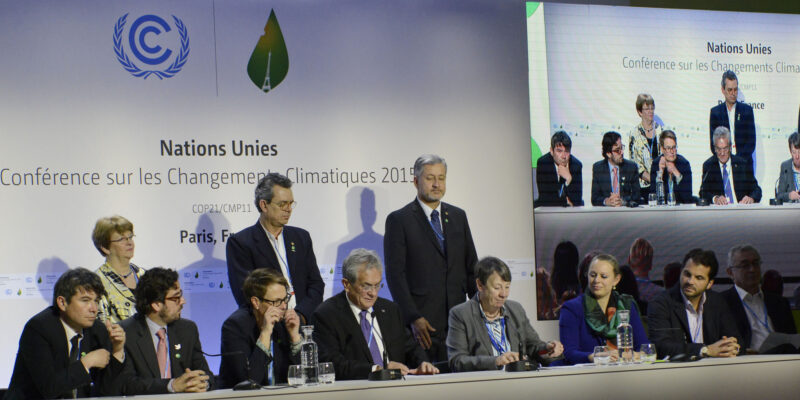
Recent COVID-19 vaccine developments offer a glimpse of hope that restoring normalcy might be on the horizon. But returning to normal must not mean returning to business-as-usual as far as climate action goes.
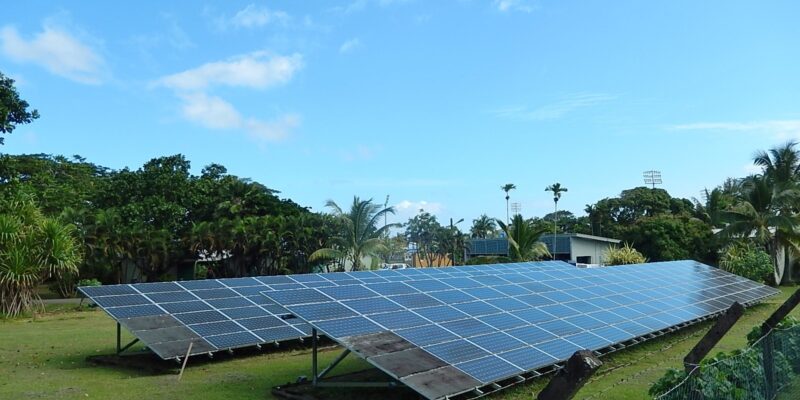
In it for the long haul: Lessons in developing mid-century decarbonisation strategies
Raghuveer Vyas
The COVID-19 stimulus and recovery plans that governments put forward at this critical juncture present a unique opportunity to embed ambitious climate action into national sustainable development visions.
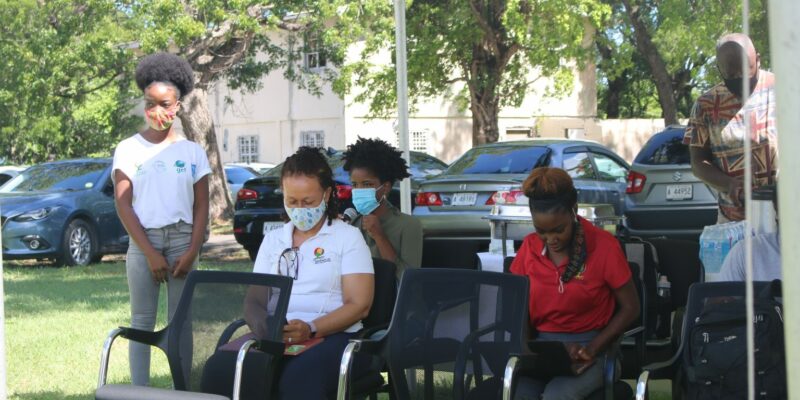
Despite the compounding challenges posed by the coronavirus pandemic, its economic fallout and a slew of tropical storms, small island nations still prioritise fighting the existential threat of climate change. They are pressing on with strengthening their climate commitments under the Paris Agreement, which governments are expected to communicate by the end of 2020.
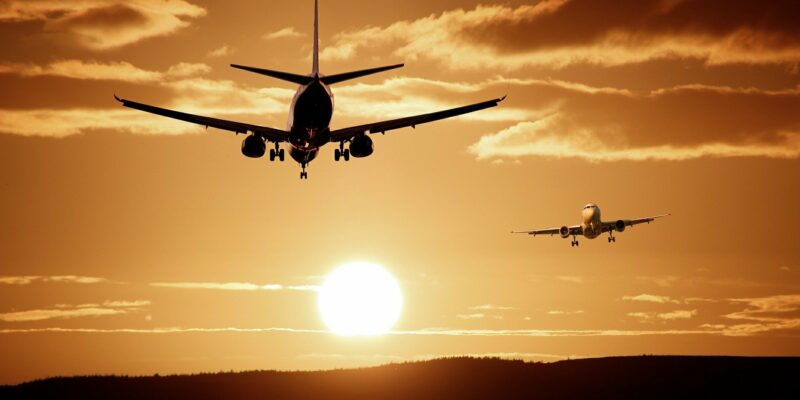
Despite a bumpy 2020, the Carbon Offsetting and Reduction Scheme for International Aviation (CORSIA) is finally poised to take off in 2021. But will it actually reach its destination? Worse yet, given the impetus for a green recovery from the pandemic, is it sending the wrong signal? More importantly, what can Small Island nations do to help CORSIA get back on track?